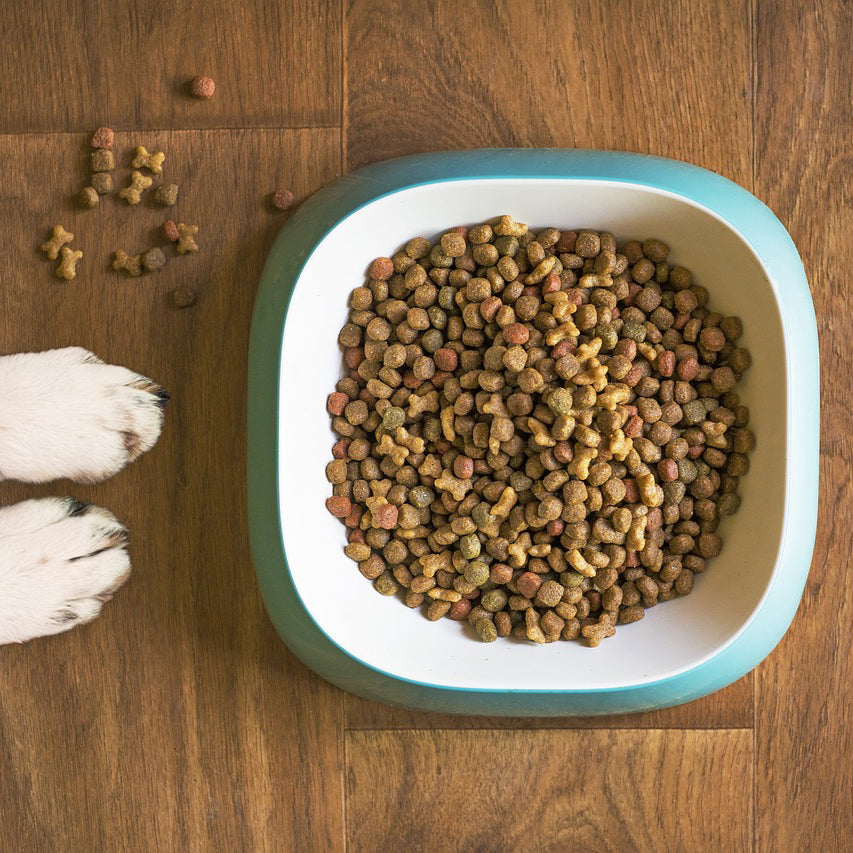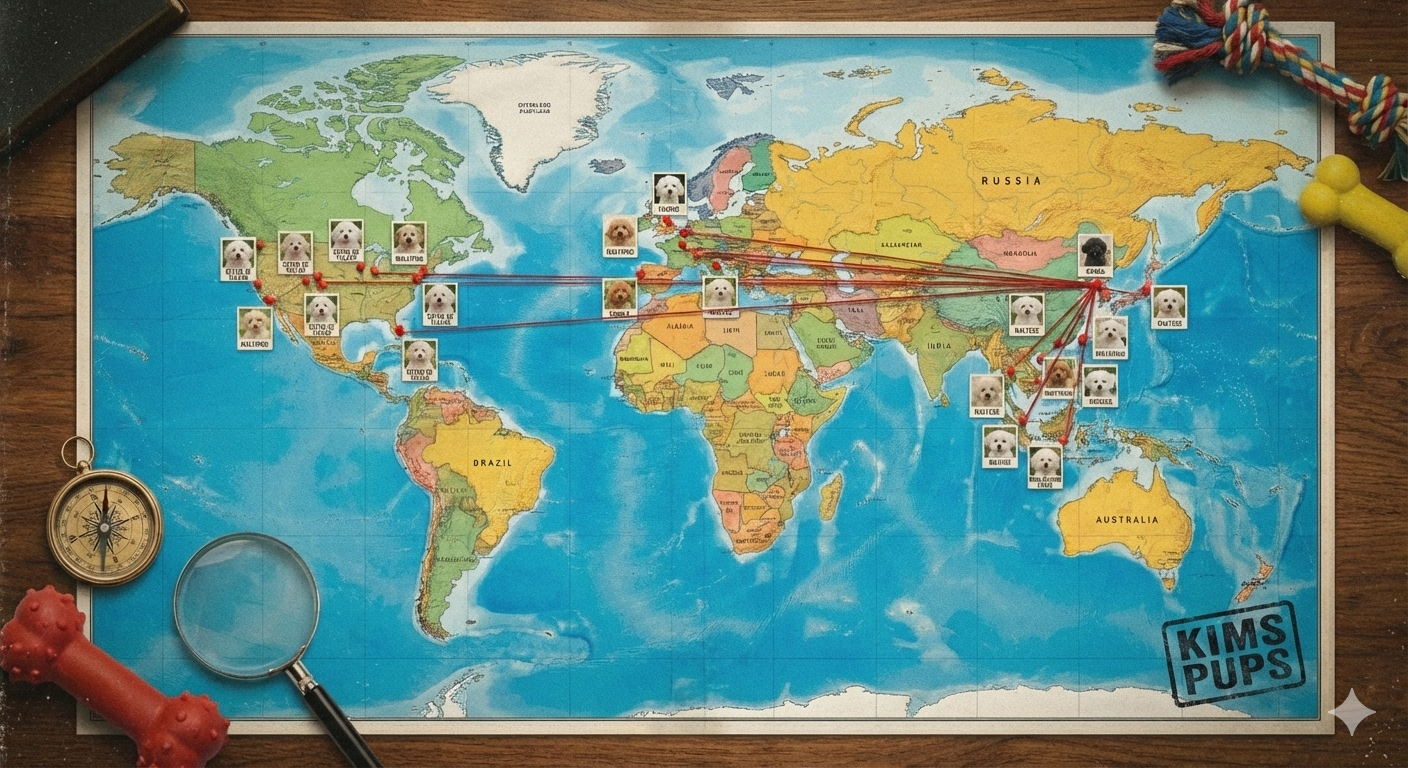Paws Off! 10 Foods That Are Toxic to Dogs

Dogs should avoid eating certain foods and substances, as they can be harmful or even toxic to them.
Here are some things dogs shouldn't eat:

1. Chocolate:
Contains theobromine and caffeine, which are toxic to dogs and can cause symptoms ranging from vomiting and diarrhea to seizures and even death.
2. Onions and garlic:
Contains compounds that can damage a dog's red blood cells, leading to anemia and other health issues.
3. Grapes and raisins:
Can cause kidney failure in dogs, even in small amounts.
4. Xylitol:
A sugar substitute found in many sugar-free products, gum, candies, and some peanut butter.
Xylitol can cause insulin release in dogs, leading to hypoglycemia (low blood sugar), seizures, and liver failure.
5. Alcohol:
Even small amounts of alcohol can be toxic to dogs, causing vomiting, diarrhea, difficulty breathing, and even death.

6. Avocado:
Contains persin, which can cause vomiting and diarrhea in dogs.
7. Macadamia nuts:
Can cause weakness, vomiting, tremors, and hyperthermia in dogs.
8. Bones:
Cooked bones can splinter and cause choking, gastrointestinal blockages, or perforations.
9. Raw meat, eggs, and fish:
Can contain bacteria like Salmonella or E. coli, leading to food poisoning in dogs.
10. Foods high in fat:
Excessive fat intake can lead to pancreatitis in dogs, causing vomiting, diarrhea, and abdominal pain.

11. Caffeine:
Found in coffee, tea, energy drinks, and certain medications.
Like theobromine in chocolate, caffeine can be toxic to dogs, causing symptoms such as restlessness, rapid breathing, heart palpitations, tremors, and seizures.
12. Dairy products:
Many dogs are lactose intolerant, meaning they lack the enzyme lactase needed to digest lactose, the sugar in milk.
Consumption of dairy products can lead to gastrointestinal upset, including diarrhea and gas.
13. Moldy or spoiled food:
Moldy food can contain mycotoxins, which can cause neurological problems and even death in dogs.
Additionally, spoiled food can lead to food poisoning and gastrointestinal issues.
14. Human medications:
Many medications, including over-the-counter drugs and prescription medications, can be toxic to dogs if ingested in large amounts.
Always store medications securely and out of reach of pets, and never give your dog medication without consulting a veterinarian.
15. Raw dough:
Raw bread dough can expand in a dog's stomach, causing bloating and potentially life-threatening gastric dilatation volvulus (GDV), also known as bloat.

16. Household plants:
Some common houseplants, such as lilies, azaleas, tulips, and sago palms, can be toxic to dogs if ingested.
It's essential to research plants in your home and yard to ensure they are safe for your pets.
17. Tobacco and nicotine:
Tobacco products, including cigarettes, cigars, and nicotine gum, can cause nicotine poisoning in dogs if ingested.
Symptoms may include vomiting, tremors, rapid heart rate, and even seizures.
18. Human foods high in salt:
Excessive salt intake can lead to sodium ion poisoning in dogs, causing symptoms such as vomiting, diarrhea, seizures, and even death.

It's essential to keep these harmful foods out of your dog's reach and provide them with a balanced diet suitable for their nutritional needs.
Always be cautious about what your dog can access and ensure they only consume safe and appropriate foods and substances.
If you suspect your dog has ingested something toxic, immediately contact your veterinarian or a pet poison hotline for advice.
This is the Kim's Pups team. Thank you.


